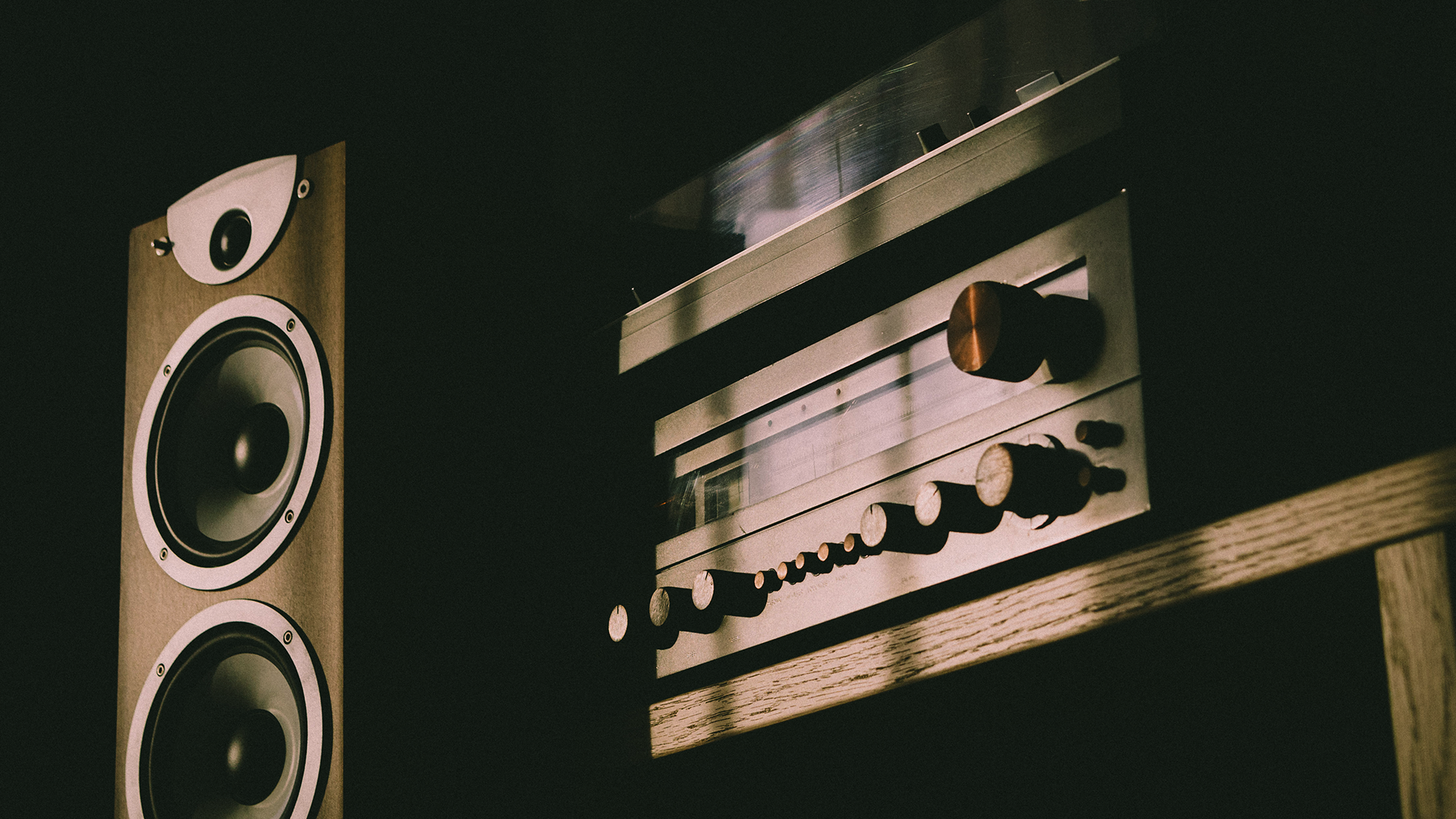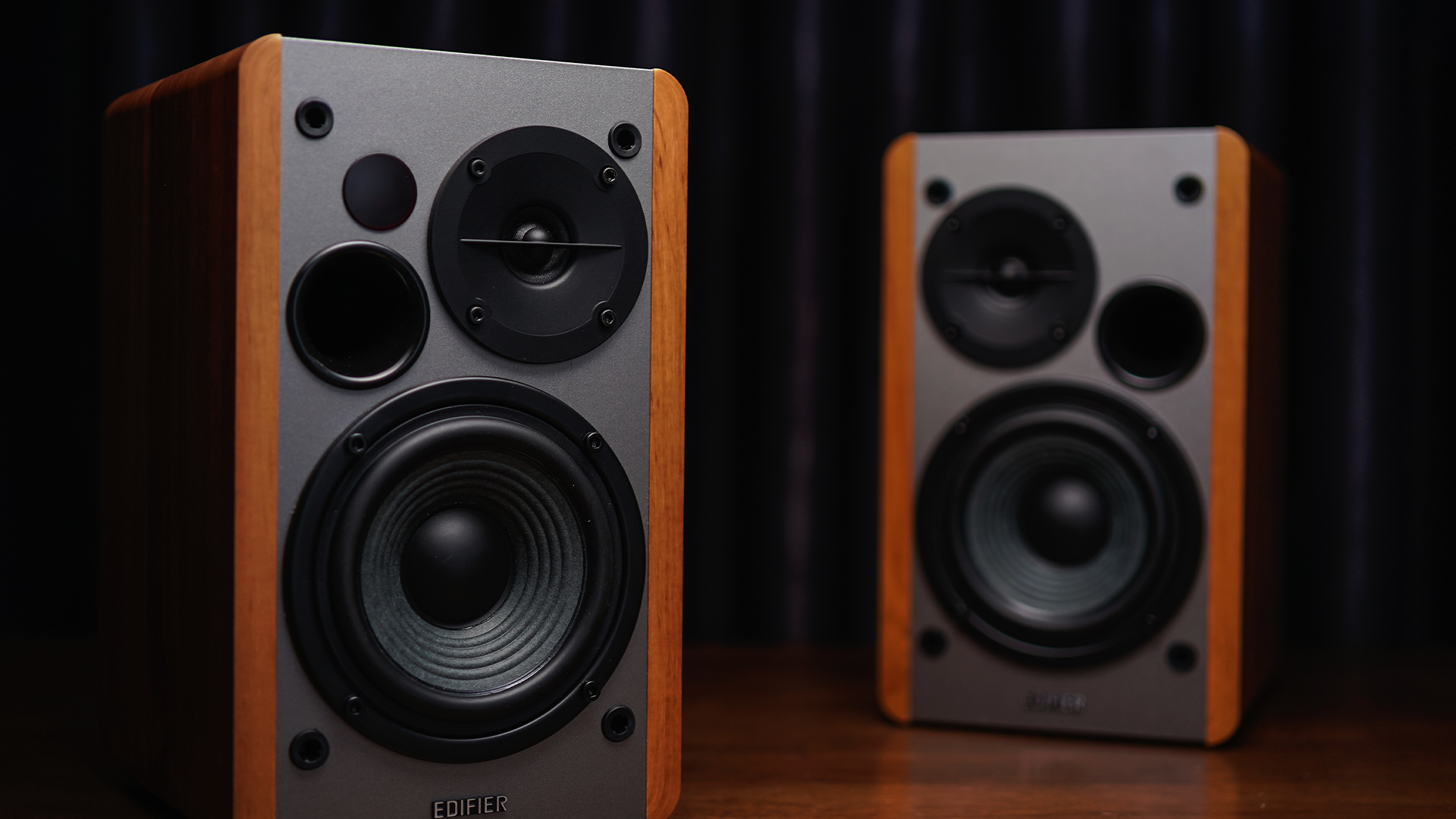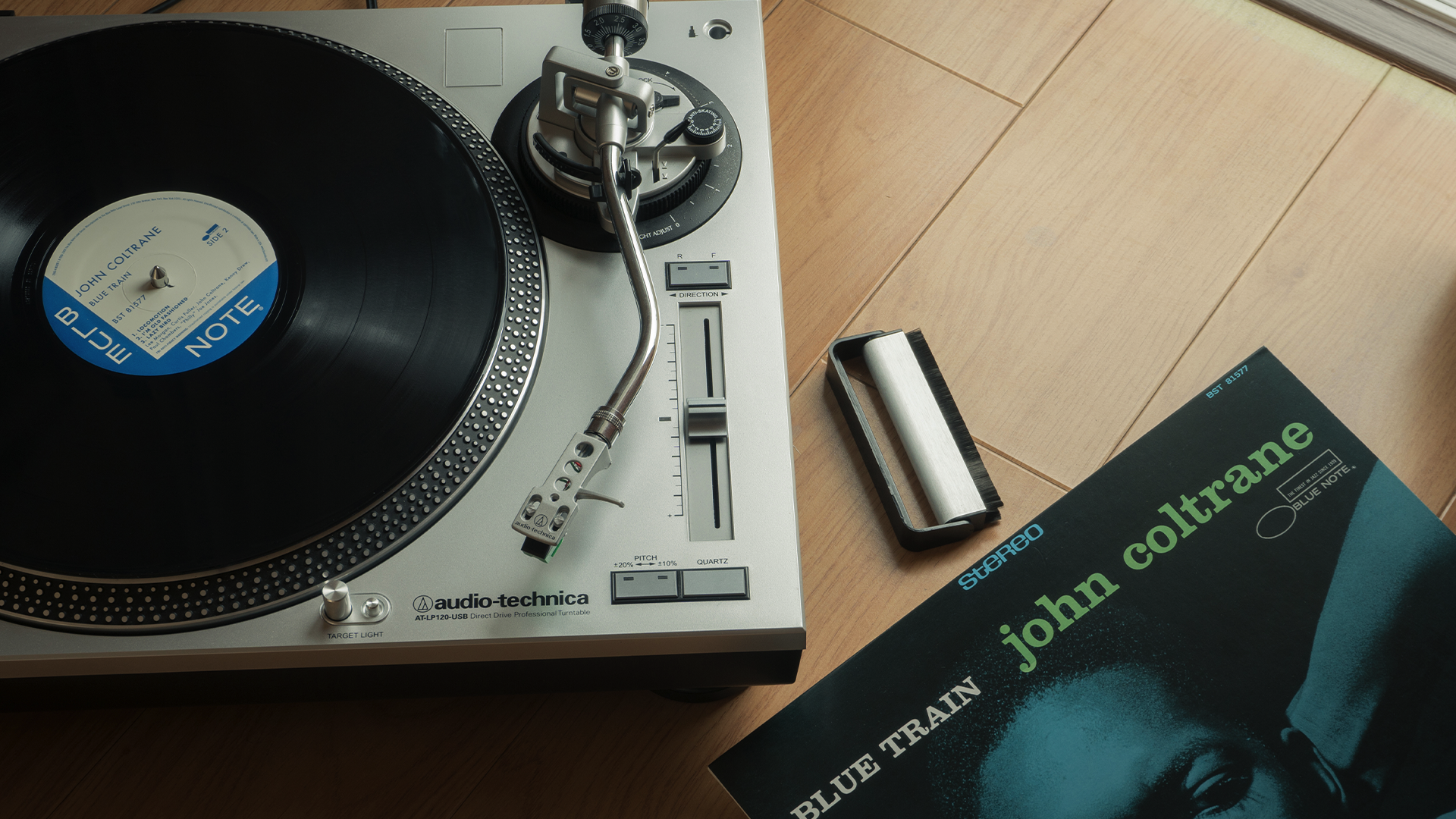Quick Links
When you aren't happy with the sound of your record player, it's easy to assume that the whole thing just sucks. And with that logic, you may believe that a new record player will magically solve your problem. But you should focus on a different upgrade---your speakers.
This article is intended for novices.
Why Does Your Record Player Sound Bad?
Record players and turntables contain dozens of components. And, as you might expect, each of these parts contributes to the overall sound quality of your setup. That's why hardcore audio nerds obsess over cartridges, platters, tone arms, and motors.
But here's the thing; if you're a novice record collector, your speakers are probably the weakest link in your setup. And until you own a good pair of speakers (plus a decent amplifier), upgrades to your record player won't deliver a meaningful boost in audio quality.
This is especially true if you're using a record player's built-in speakers. Turntables are vulnerable to vibrations, so their built-in speakers can't be very loud or bass-heavy. Built-in speakers also tend to be very cheap and small, of course.
But what if you're using a set of external speakers? If that's the case, I suggest giving those speakers a quick test with your phone---obviously, a phone sounds different from a record player, but this will give you a decent idea of whether your speakers are the problem. (Note that a record player's headphone jack isn't designed for full-sized speakers. You need to use the turntable's LINE or PHONO outputs.)
Obviously, if your turntable isn't playing records properly, a mechanical component is to blame. The belt, tone arm, and cartridge are the most likely suspects---belts and cartridges wear out, and tone arms need to be balanced if they aren't tracking properly.
Speaker Upgrades Are Easy and Worth the Money
A new set of speakers is always a good investment. Not only will they improve your record player's sound quality, but you can use them with other audio sources, including your TV, phone, cassette player, or radio. And unless you abuse a set of speakers, they should last for decades---you can't say the same for other audio upgrades!
Now, if you're on a budget, I suggest finding a set of powered speakers; that's a fancy way of saying "speakers with a built-in amplifier." Modern record players only offer PHONO and LINE outputs, both of which require amplification---if your record player only has a PHONO output, you'll also need a pre-amp (or a powered speaker with a PHONO input).
There are plenty of powered speakers to choose from. Most people buy bookshelf speakers, though you should also look into soundbars, which tend to offer a better bang for your buck. After all, soundbars often have multiple audio inputs (including Bluetooth), and may even come with a subwoofer. (Whatever you do, check that a powered speaker's inputs match your record player's outputs.)
But if you want to build a more "professional" listening environment, you should skip the powered speakers. Instead, buy a set of passive speakers and a dedicated audio receiver---the receiver will contain an amplifier, radio tuner, several inputs and outputs, adjustable EQ settings, plus other essential perks. It's basically an all-in-one controller for your hi-fi setup.
Note that audio receivers can be very expensive, and wiring together a proper hi-fi system isn't always an easy task. That said, if you're trying to do this on the cheap, you can find a set of passive speakers and a receiver for under $100 at nearly any thrift store, flea market, or garage sale. (I use a nice Onkyo receiver that a walk-in clinic left near its dumpster. This stuff is easy to find if you have the time to hunt it down.)
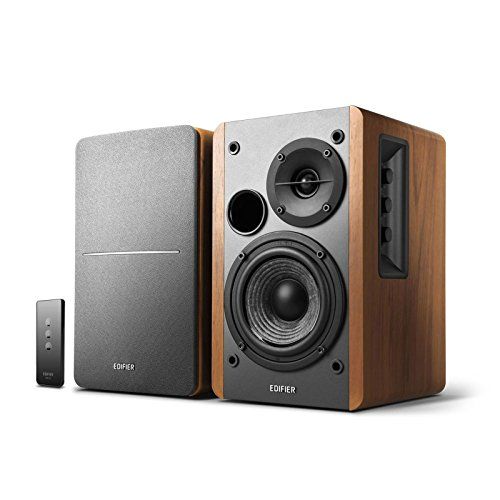
Edifier R1280T Powered Bookshelf Speakers - 2.0 Active Near Field Monitors - Studio Monitor Speaker - Wooden Enclosure - 42 Watts RMS
These Edifier bookshelf speakers offer two sets of RCA inputs, perfect for your record player and any other audio source. They have onboard controls and come with a handy remote.
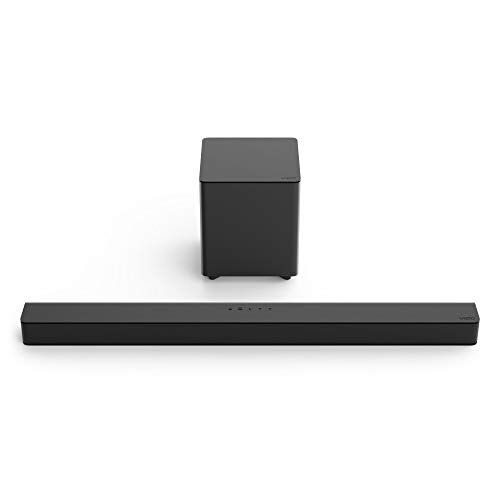
VIZIO V-Series 2.1 Soundbar and Wireless Subwoofer
This affordable VIZIO soundbar comes with a wireless subwoofer. Connect it to your TV over HDMI, and plug in your record player via AUX cable. It even comes with RCA-to-AUX cables, which are perfect for your record player!
Don't Neglect Cleaning or Maintenance
This article is intended for novices, and I don't want to give any wrong ideas. Your speakers (and amplifier) are important, but your turntable still has a major impact on sound quality. That's why cleaning and maintenance are so important.
You should clean your vinyl records to preserve their fidelity and keep dust off your turntable's stylus. Over time, a stylus will wear down, forcing you to replace the entire cartridge---dirt, dust, and sand will expedite this process. A stylus brush will help you keep the "needle" clean, and when your stylus wears out, think of it as an opportunity to buy a higher-quality cartridge. (Just be sure to find a cartridge that fits your turntable's tone arm.)
And unless you own a direct-drive turntable, you'll need to replace your record player's belt every few years. A worn-out or stretched belt can introduce all kinds of problems, like skipping, stopping, or odd changes in playback speed.
Note that while small upgrades to your turntable are never a bad idea, they may be a poor investment. If you're using a really cheap record player, upgrading to a higher-quality turntable will provide a more noticeable boost in sound quality. (Again, this boost is only noticeable if you're using decent speakers.)

